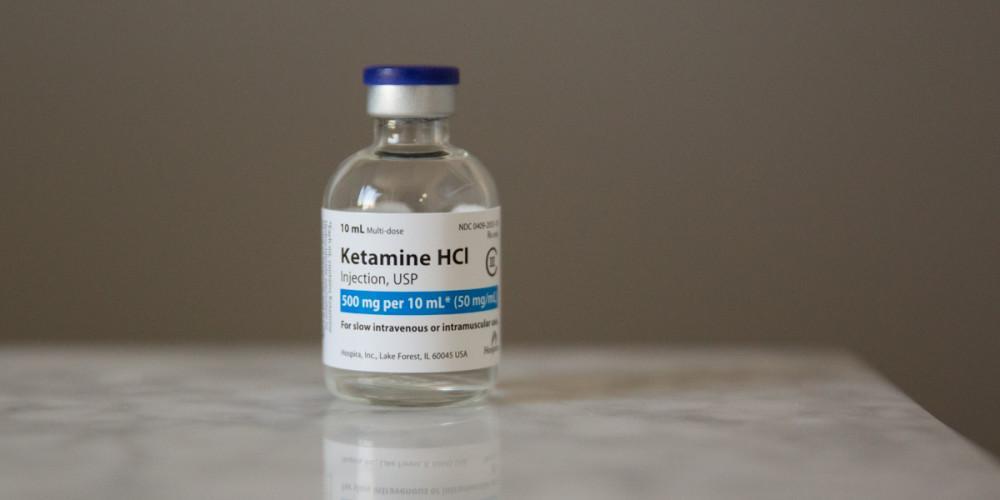It’s common knowledge that drugs may be dangerous. Still, every day, new drug trends are created. One such drug is ketamine, a viral anesthetic circulating in several communities. With more than 200,000 college students using it daily, it is one of the most popular drugs in use today. These statistics are concerning, as ketamine poses a danger to brain development, and with 75% of users aged 12-25, it could interfere severely with body development. Ketamine usage in the UK is increasing drastically, with more than 141,000 young people using it every day. Although a subtype of ketamine is an FDA (Food and Drug Administration) approved drug, addiction may be the new reputation of this medicine.
Recently, ketamine has been surging as an addictive drug. It is an anesthetic agent that causes a short-term loss of awareness and sensation in the body. The effects range from producing behavioral and mental changes to causing dissociation, perceptual changes, and periodic hallucinations. and euphoria- a state of sedation and extreme happiness. The feeling of euphoria has quickly made ketamine popular in treating PTSD (post-traumatic stress disorder depression), obsessive-compulsive disorder, anxiety, and other mental health complications that are difficult to treat. Esketamine, a subtype of ketamine, could help treat these problems.
Esketamine is a nasal spray containing active amounts of ketamine. Most forms of ketamine are not approved in the United States, as the FDA has not determined if ketamine is considered safe for the public. The FDA has warned the public about this dangerous but useful drug, stating that the administration has “not established safe or effective dosing of ketamine… [it] may place the patient at risk for serious adverse events, misuse, and abuse” (FDA.GOV). Although products do not need to undergo FDA approval to be sold at medical pharmacies, the approval ensures the safety of the products. It reassures customers who wish to purchase them. Since ketamine has not been approved, it may be more dangerous than other over-the-counter medicines.
Ketamine products increase blood pressure, respiratory depression, and different symptoms of lower urinary tract and bladder issues. It comes in a clear liquid or an off-white powder, and it is often used as a tranquilizer for animals. Treatments for animals may increase risks in human use, making ketamine even more dangerous in the medicinal community. A couple of minutes after taking the anesthetic agent, the consumer may undergo an increased heart rate and blood pressure that declines over the next 10 to 20 minutes.
Regulations around non-FDA-approved medicines are not very strict, especially in pharmacies where the source of these drugs is unknown, likely from the black market.
There have been many cases that showcase the dangerous drug – one of which concerns a famous actor known by many.
On October 28th, 2023, a few days short before Halloween, famous Friends star Matthew Perry passed away in his hot tub. The medical examiner defined his death as an acute effect of Ketamine. The examiner also stated that Perry’s artery disease contributed to his death. The actor had been struggling with a long-time addiction issue, and the extra ketamine dosage proved fatal along with his other health conditions. However, as the world grieves for this famous star, it’s important to warn and educate the population about the effects of this drug.
Sources:
Brain damages in ketamine addicts as revealed by magnetic resonance imaging – PMC
FDA Alert: Ketamine Is Not Approved For the Treatment of Any Psychiatric Disorder
Matthew Perry died of ‘acute effects of ketamine’, autopsy report says
Matthew Perry Died of ‘Acute Effects of Ketamine,’ Autopsy Says – The New York Times
Matthew Perry Died of ‘Acute Effects of Ketamine,’ Autopsy Shows
What to Know About the Effects of Ketamine – The New York Times


























